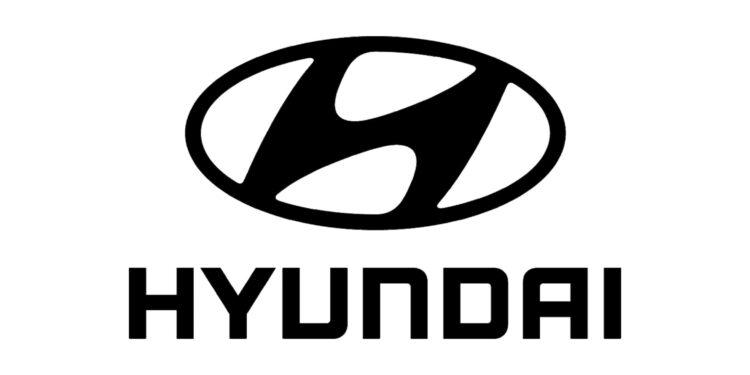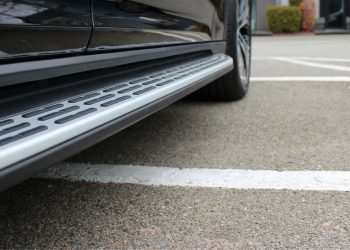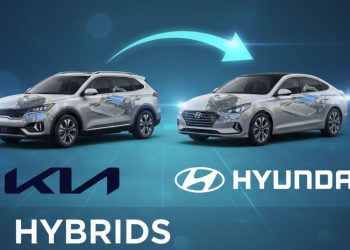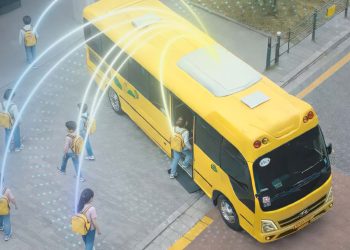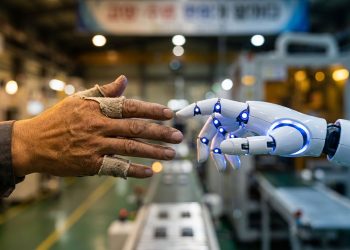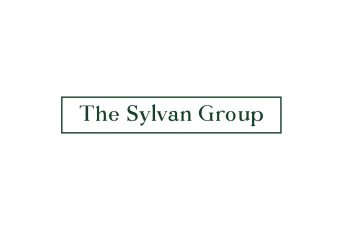Hyundai Motor Group, South Korea’s largest automaker, announced on January 9 a record domestic investment of 24.3 trillion won ($16.65 billion) for 2025, a 19% increase from the previous year. It is Hyundai’s strategy to secure long-term growth amid global economic uncertainties and shifting geopolitical landscapes, including challenges posed by U.S. economic policies.
The group, which includes Hyundai Motor and Kia, is the world’s third-largest automaker by sales, trailing only Toyota and Volkswagen. The significant investment underscores Hyundai’s commitment to innovation, particularly in electric vehicles (EVs) and artificial intelligence (AI), as it navigates intense competition and economic unpredictability at home and abroad.
The investment plan for 24.3 trillion won includes 11.5 trillion won dedicated to research and development (R&D), focusing on next-generation technologies like electrification, hydrogen-powered vehicles, software-defined vehicles, and advanced mobility solutions. Another 12 trillion won is allocated to expanding electric vehicle (EV) production and introducing new models. Additionally, 800 billion won will be invested in strategic areas such as autonomous driving technologies and artificial intelligence (AI).
One of the most ambitious projects under this plan is the construction of a new manufacturing facility in Ulsan, South Korea. The facility will adopt Hyundai’s innovative “hypercasting” technique for EV production, inspired by Tesla’s “Gigacasting.” This method utilizes large single components, streamlining production processes and significantly reducing costs.
The automaker emphasized that this record-breaking investment is crucial to tackling global economic challenges and ensuring long-term growth. Hyundai Motor Group Executive Chair Euisun Chung identified global recession risks and geopolitical tensions as primary hurdles.
Hyundai’s strategic push also aims to address market challenges in the United States. The group recently began producing vehicles at its Georgia factory to align with current tax credit requirements for EVs. However, new policy proposals, including potential tariffs and the removal of existing tax credits under President-elect Donald Trump’s administration, pose additional obstacles.
Hyundai Motor Group is adopting Tesla’s “Gigacasting” technology, producing large vehicle sections as single components to simplify manufacturing and reduce expenses. In the United States, the company began production at its $7.6 billion Georgia plant last year to ensure compliance with tax credit requirements under the current administration. However, President-elect Donald Trump’s proposal to impose universal 10% tariffs on imports and scrap existing EV tax credits presents significant challenges for automakers in the U.S..

